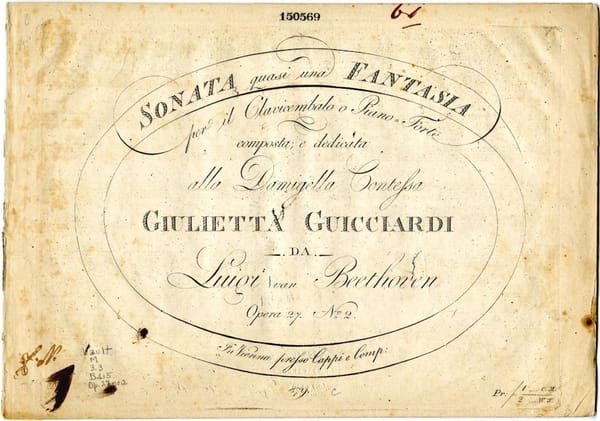Can we save classical music?

The current state of classical concerts would be unrecognizable, even enraging, to the performers and audiences of the past centuries. The stifling rules and rituals, the religious adherence to scores, soaring ticket prices, coupled with several awkward ‘can I clap now?’ moments are relatively new to the heritage of Western classical music. New, yet enough to reinforce the art form’s distorted image as a pantheon of incomprehensible art meant only for the highbrow, poker-faced connoisseur.
Presumably, the decreasing appeal of classical music to the masses and even to popular musicians, does not come as a surprise. Today concert halls are more reverential than enjoyable, more sterile than exciting, and surely more intimidating than welcoming for a first-timer. Performers try to exclude the influence of the audience in the process of music making rather than responding to it the way jazz or popular musicians do- the way classical musicians did as well, until the middle of the 20th century.
At her last concert in the 1920s at the Met, Geraldine Ferrar was crowned with a jewelled tiara while her audience ‘buried her in flowers’. (1)
They strung banners across the orchestra pit and ’wept, shouted and flapped unrestrainedly” as their dearest soprano bid goodbye to the New York stage. (2) This was not unusual, and audiences were free to express their delight – they even stood on chairs and screamed in awe of the ‘rockstars’ of their time.
Performers thrived in freedom as well, until the 20th century. Bach’s great Musical Offering grew from a spontaneous creation, born of a challenge thrown at him by King Frederic of Prussia, who presented him a theme and asked him to embellish it. Mozart improvised not only his cadenzas, but at times entire movements of his concertos, to the point that the lines between composing and performing were blurred. Beethoven was known first and foremost as a fierce improviser, and not a composer. The works of Liszt and Chopin, too reflect an improvisatory form and in some cases, seem like direct transcriptions of performances.
Improvisation is no easy art, yet at the same time, it often happens as naturally as speech. To reach that stage, one must be adept at manipulating form, harmony, melody and rhythm and have a grasp of each of these aspects so as to wield them adequately in a performance. The great composers across the centuries did so instinctively and admirably, translating emotion into music on the spot, while maintaining its coherence.
For reasons unknown, classical performers seem to have lost their appetite for spontaneity. They spend years- even decades, building a repertoire of works that are technically and musically gruelling. They aim to master albums to the extent that they rehearse each note and dynamic marking with pedantic precision. The irony of this aspiration lies in the fact that the composers who wrote these works never aimed for this themselves. They improvised their way through performances and thought of the score merely as a suggestive framework, not a detailed prescription. They didn’t wish to immortalize a certain version of their work by setting it in stone, but for it to be alive- drawing from the moment, yet retaining its essential thematic material. Written notation was not a restriction but a starting point, from where performers could take the music further.
Without improvisation in the picture, the performers of today are simply presenting to us works that they might or might not understand. Most modern performers neither write original music in their entire careers, nor do they improvise. They simply express themselves through their ‘unique’ interpretations of pieces- a few changes to tempo, dynamics and phrasing, or a few added mordents at best. Audiences of classical music flock to concert halls around the world where, more often than not, they listen in reverential silence- to the same list of pieces, written by the same select composers, and often even played by the same performers.
The power of music lies in the mysterious connect between sound and feeling- in the fact that it can invoke emotion without intermediary thought or words. It is through this precious connect that musicians convey to us their complex inner worlds. In the past century classical music has been pinned down. The merit of its oeuvre and the genius of its composers has been intellectualized, analyzed and mummified to the point that we now live in fear of damaging its perfection. The very spontaneity of musical creation is under threat in the classical world. It is for us to determine whether we wish to smother one of our greatest artistic treasures and its audience under decorum, rigidity and rules, or let it grow back into its splendour.
1 “Hail Farrar Queen As She Sings Adieu.” New York Times, 23 Apr. 1922, .
2 Ibid.





